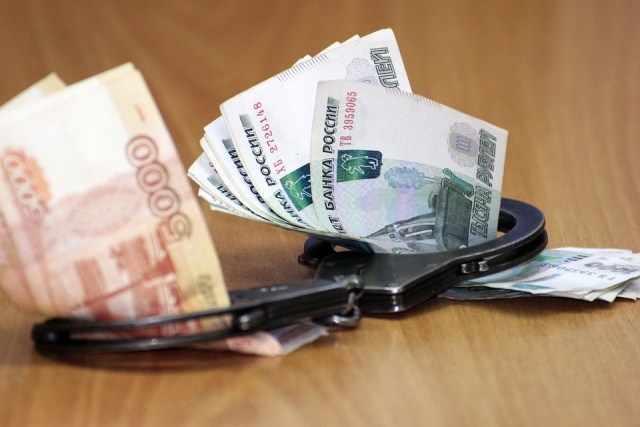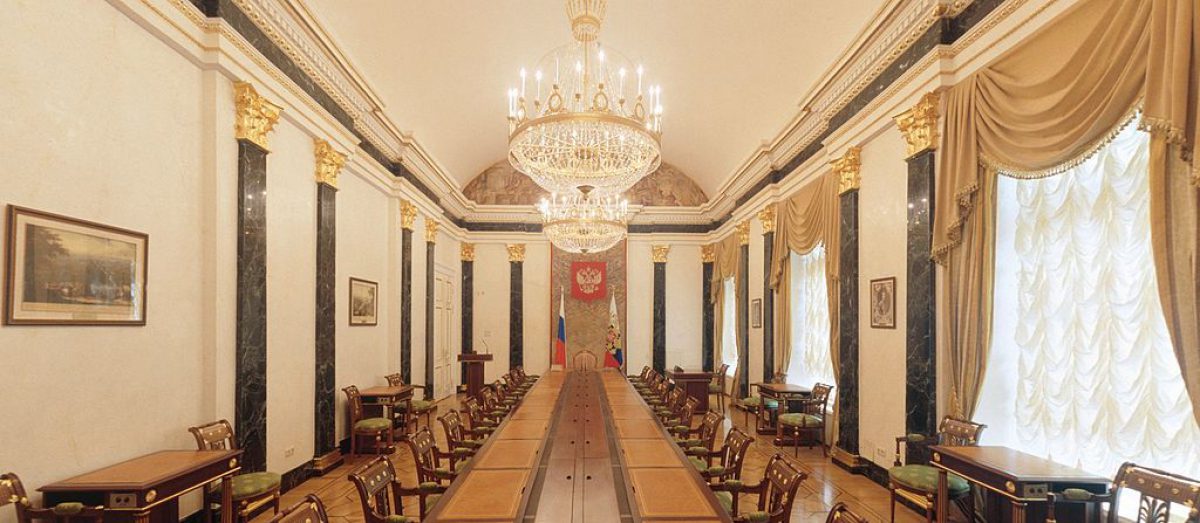
On 12 March, Vladimir Putin submitted to the State Duma a draft bill that, if ratified, would expand Russia’s Criminal Code to include two new articles penalizing corruption related to state contracts and the procurement thereof. The first part of the bill specifically targets abuses in the procurement of state and municipal contracts, while the second addresses the bribery of state officials responsible for overseeing said contracts. The proposed penalties for these offenses range from fines of between RUB 200,000 to RUB 1,000,000, or incarceration up to seven years.
These abovementioned offenses are currently covered under sections of the Criminal Codex concerning embezzlement, property theft, abuse of official power, bribery and bribe-taking. By proposing the introduction of a separate category of criminal liability for acts of corruption in relation to state contracts, it would appear that Putin has taken a step towards reining in a system that has, by all accounts, enriched many of his closest associates. In this respect, it may prove popular amongst those disaffected by the blatant manner in which these same insiders have monopolized lucrative state contracts.
Indeed, Alexei Markarkin of the Center for Political Technologies has suggested that Putin’s bill was specifically designed to appeal to undecided or “wavering” voters ahead of this month’s presidential elections. Tempting though it may be to dismiss the bill as a public relations gimmick, however, it fits into a broader pattern of increased attention by the Russian state to the problem of corruption in state contracts. In March of last year, for example, Federal Antimonopoly Service head Igor Artemyev stated that a whopping 95-percent of state contracts were “fictitious and profane.” Likewise, in October 2016, Interior Minister Vladimir Kolokoltsev identified state contracts among the most corrupt areas of the Russian economy.
As such, one may interpret Putin’s suggested changes to the Criminal Code as an earnest, if politically expedient, gesture. Insofar as it recognizes public procurement and state contracts as a discrete vector for official corruption – as do OECD and the World Bank, among other multilateral organizations – his bill even comes across as a progressive measure. Nonetheless, history suggests that such optimism may be misplaced, especially considering the regularity with which state prosecutors have cited “economic crimes” as a legal pretext for silencing opponents of the Putin regime in the past.
Does Putin’s proposed amendment to the Criminal Code portend a new wave of legal pressure against opposition voices à la Mikhail Khodorkovsky and Alexei Navalny? Perhaps. However, there is little sense in elaborating upon the Criminal Code for this purpose when its existing provisions have proven more than adequate in justifying the harassment of those who challenge the Putin system. Morely likely is that the Kremlin will use these new criminal statutes to exercise even greater control over access to state contracts, thus further shielding his allies’ business interests from genuine market competition. Tacitus put it best: “The more corrupt the state, the more laws.”
– Allen Maggard
